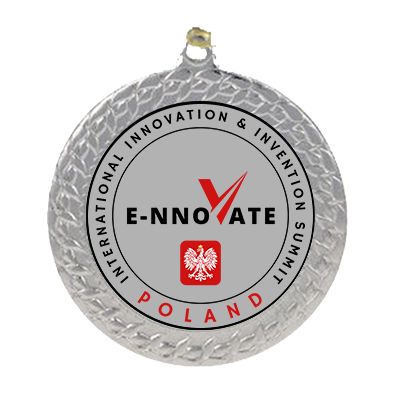
Innovative Nutraceutical for Bone Health
Description: A comprehensive bone health supplement combining essential minerals, vitamins, collagen peptides, and shark cartilage to support bone density, joint strength, and overall skeletal wellness in just two daily tablets.
This innovative bone health formula delivers a synergistic blend of 14 key nutrients including calcium from non-dairy protein sources, phosphorus, magnesium, zinc, and vitamin D3 to strengthen bones. Enriched with shark cartilage, marine collagen tripeptides, and vitamin K2, it promotes joint flexibility and calcium absorption. Chelated trace minerals like iron, copper, selenium, and boron enhance bioavailability, while antioxidant-rich vitamin C supports collagen synthesis. Taken twice daily, this formula offers a holistic approach to skeletal health, especially suitable for aging adults or individuals with bone density concerns.
Organisation: WELLMAX LABORATORIES CO., LTD.
Innovator(s): Miss Ponpattrarak Achamaneepadapat, Miss Rungnapa Puapattanachot
Category: Medicine, Biotechnology and Medical Devices
Country: Thailand

